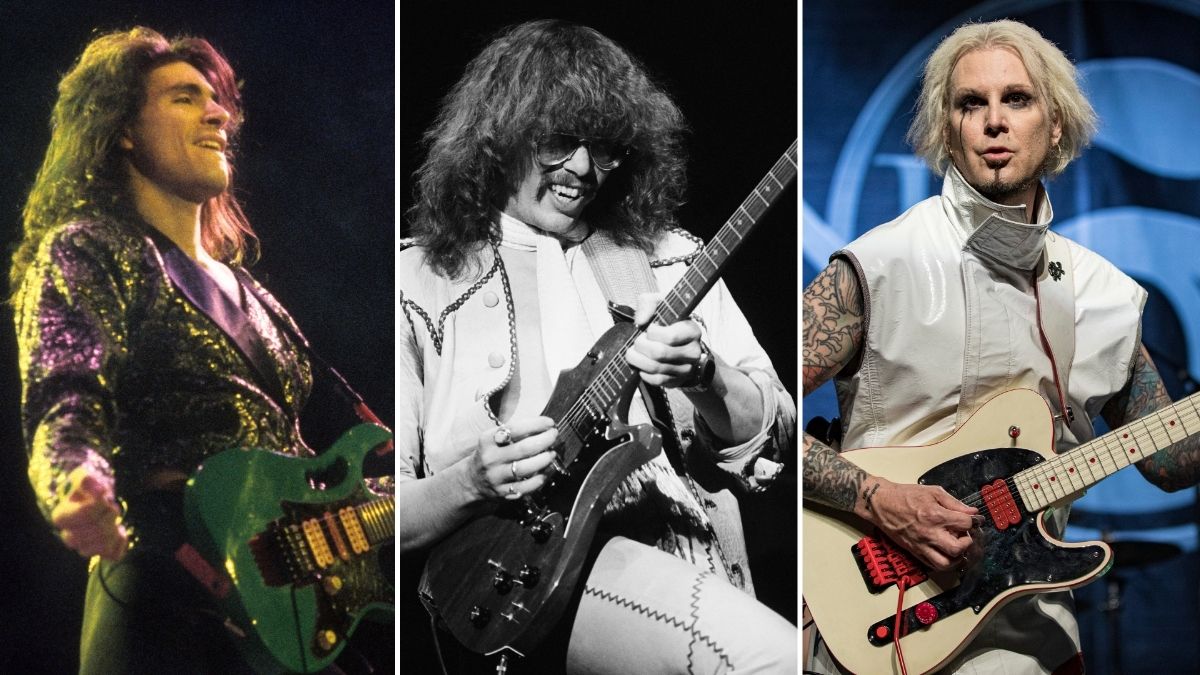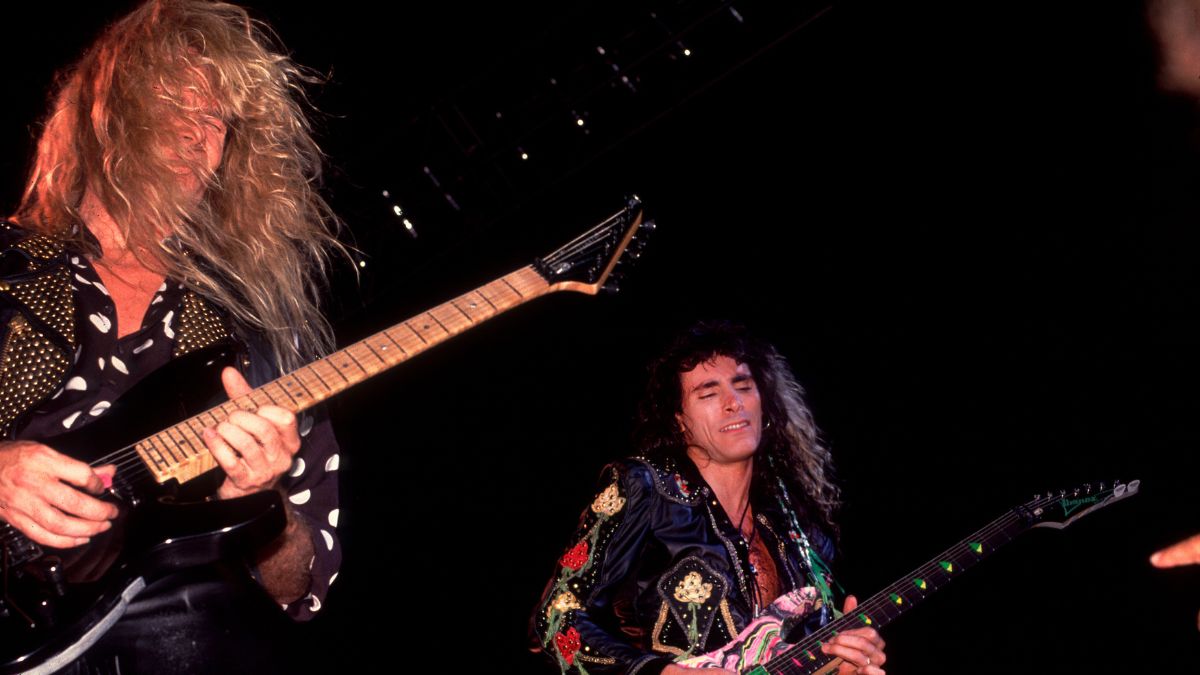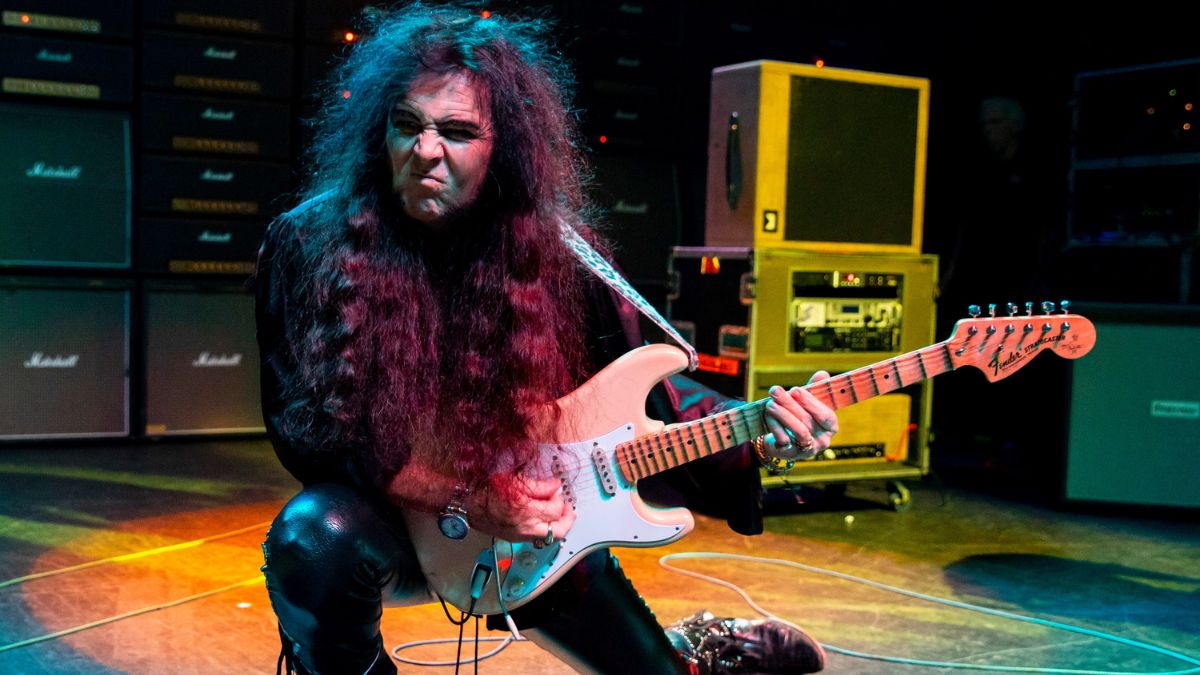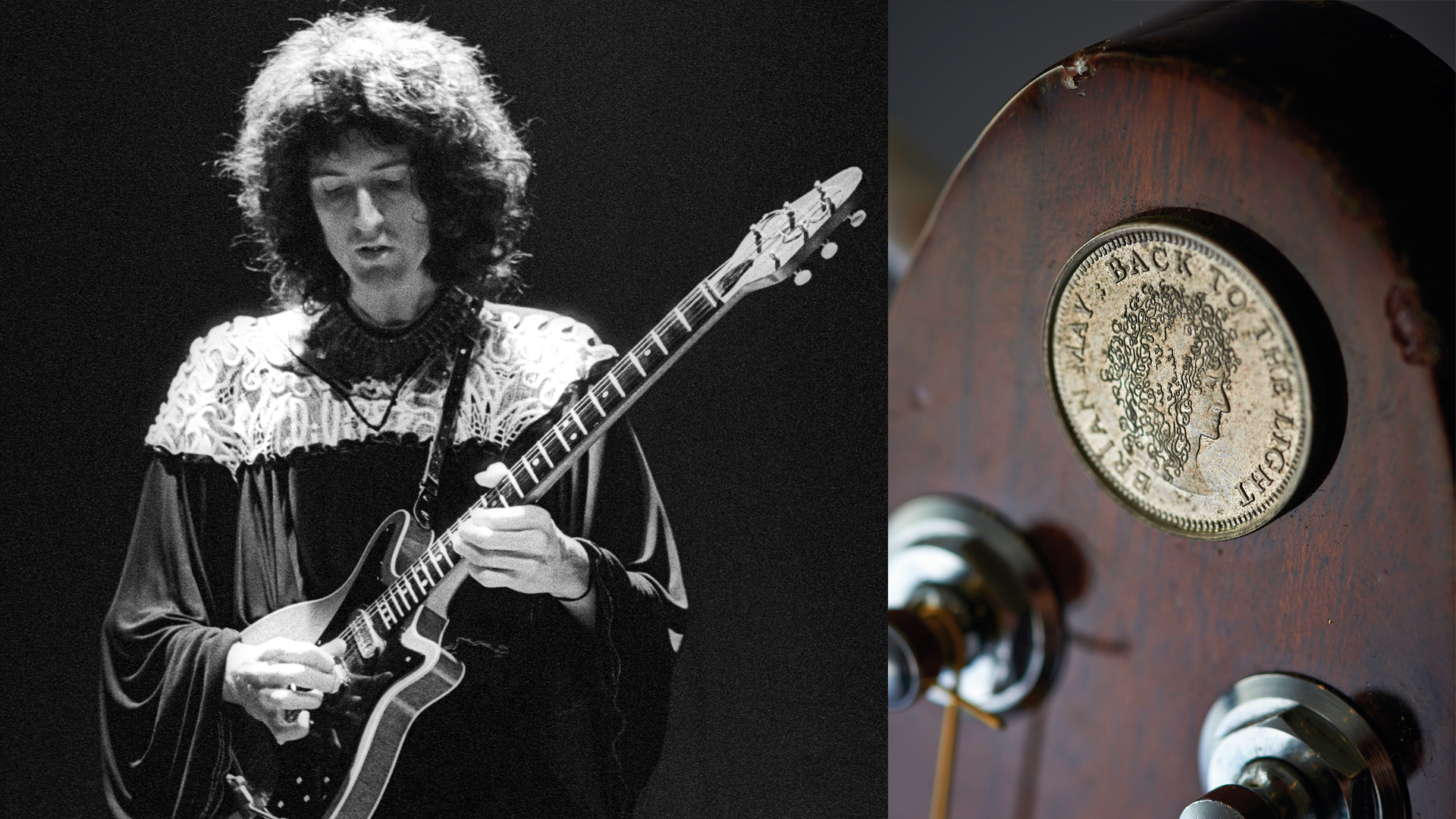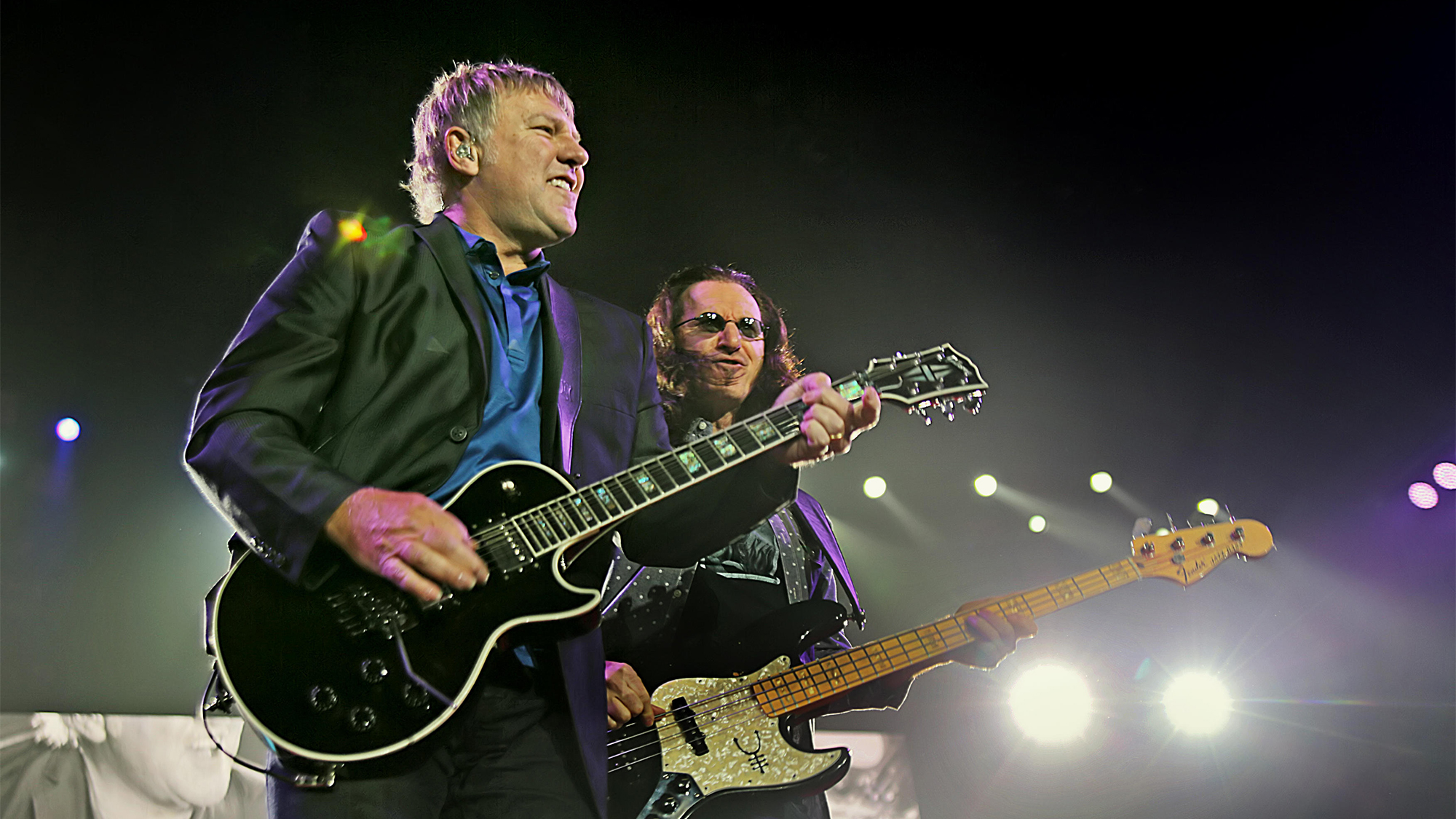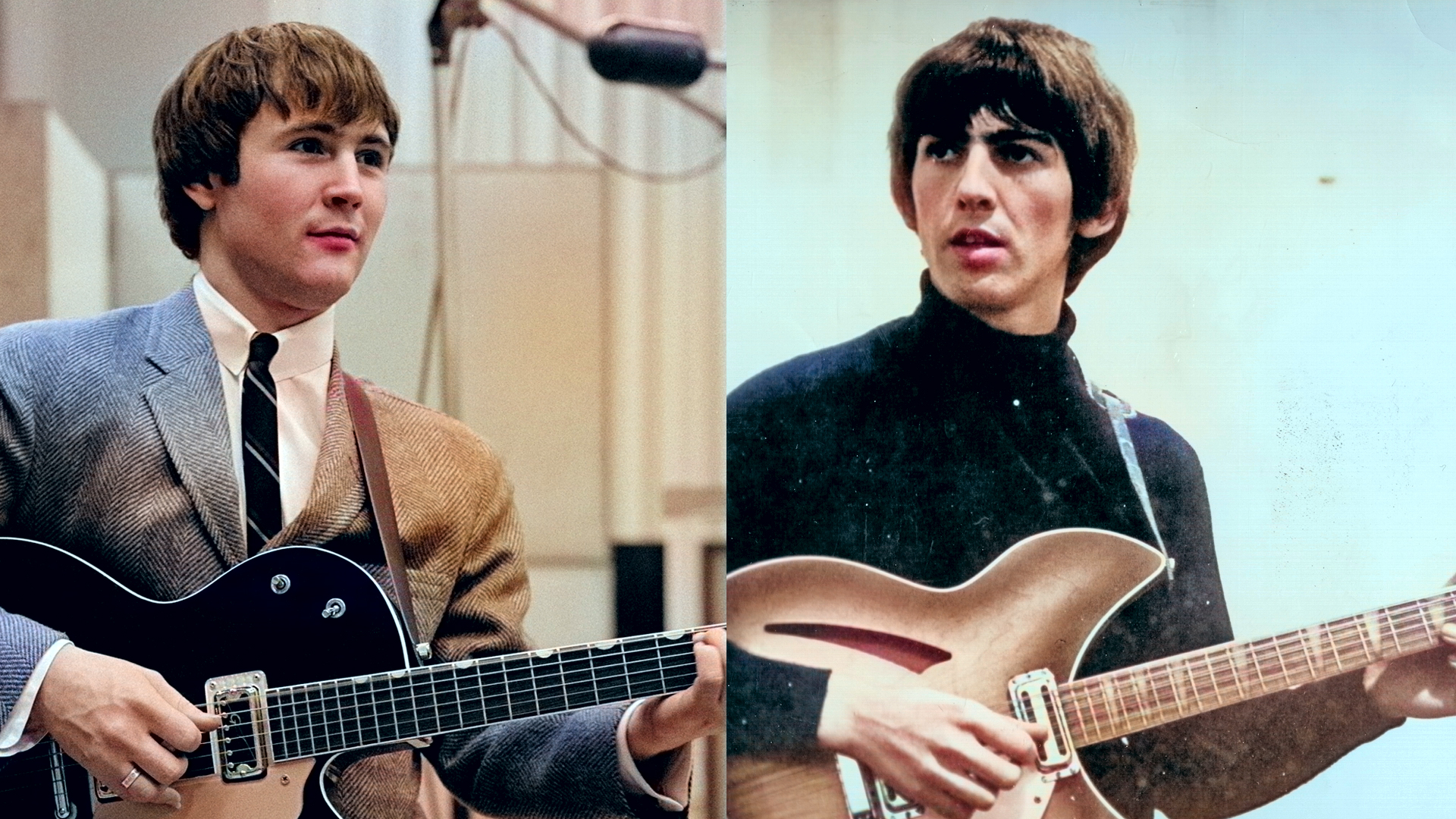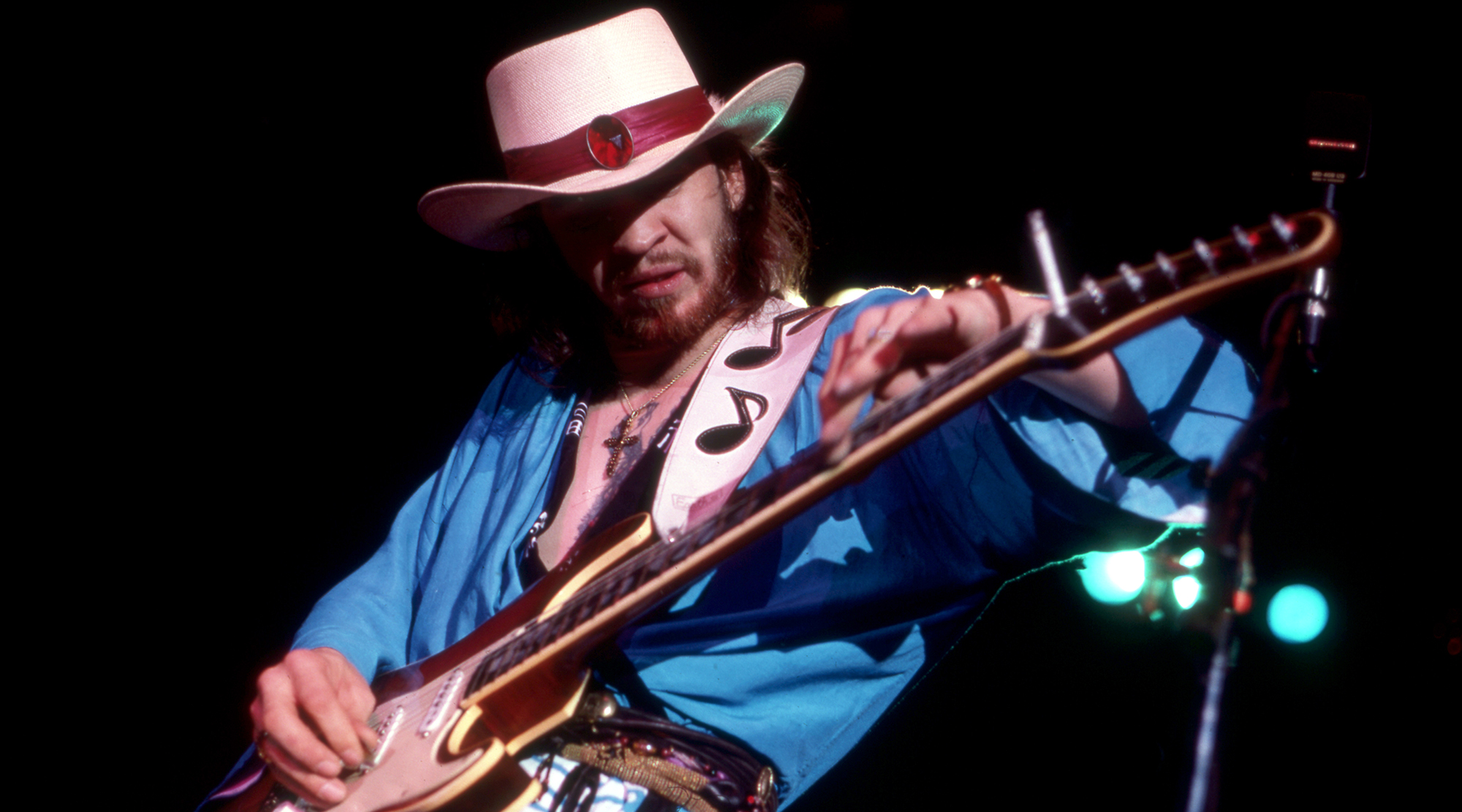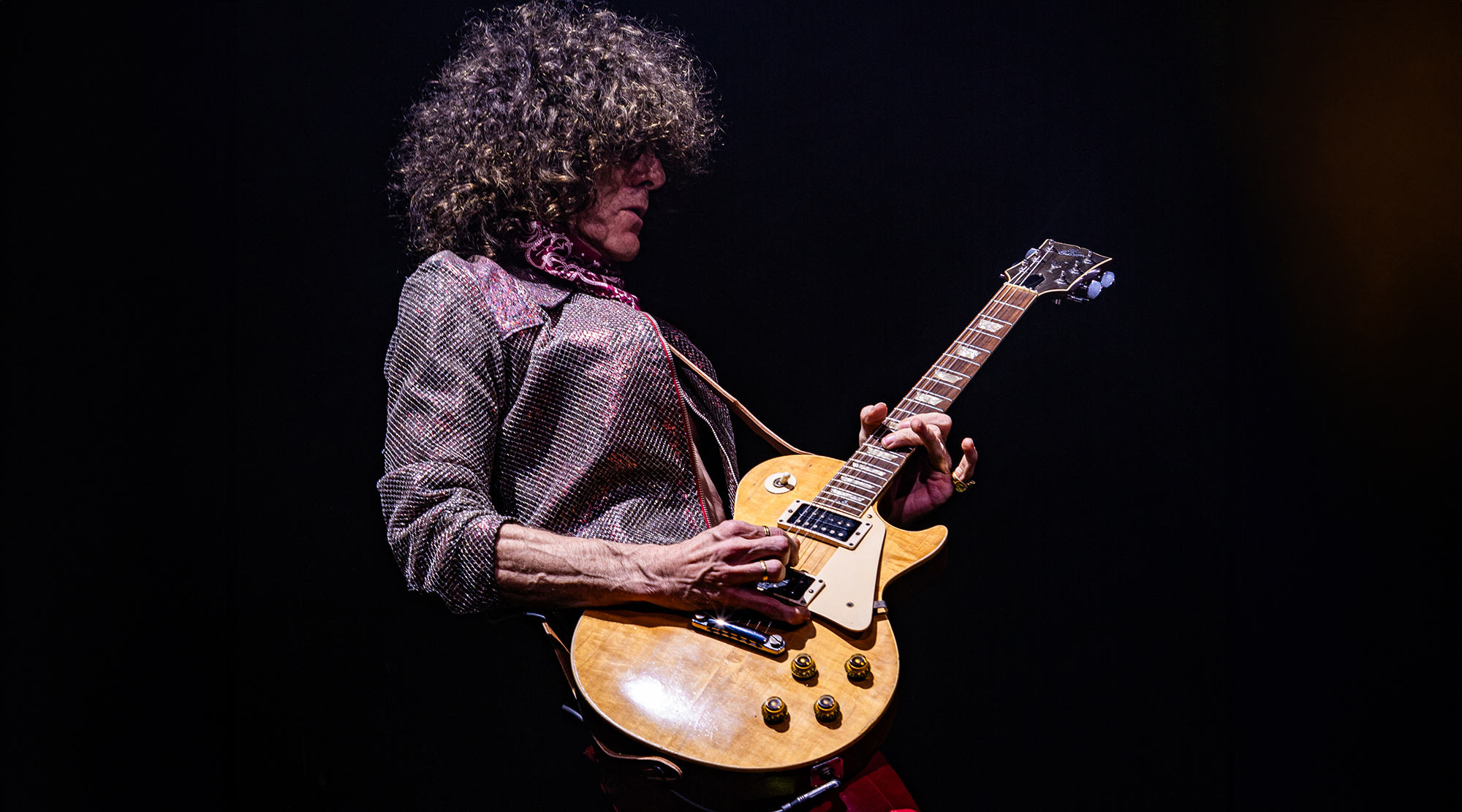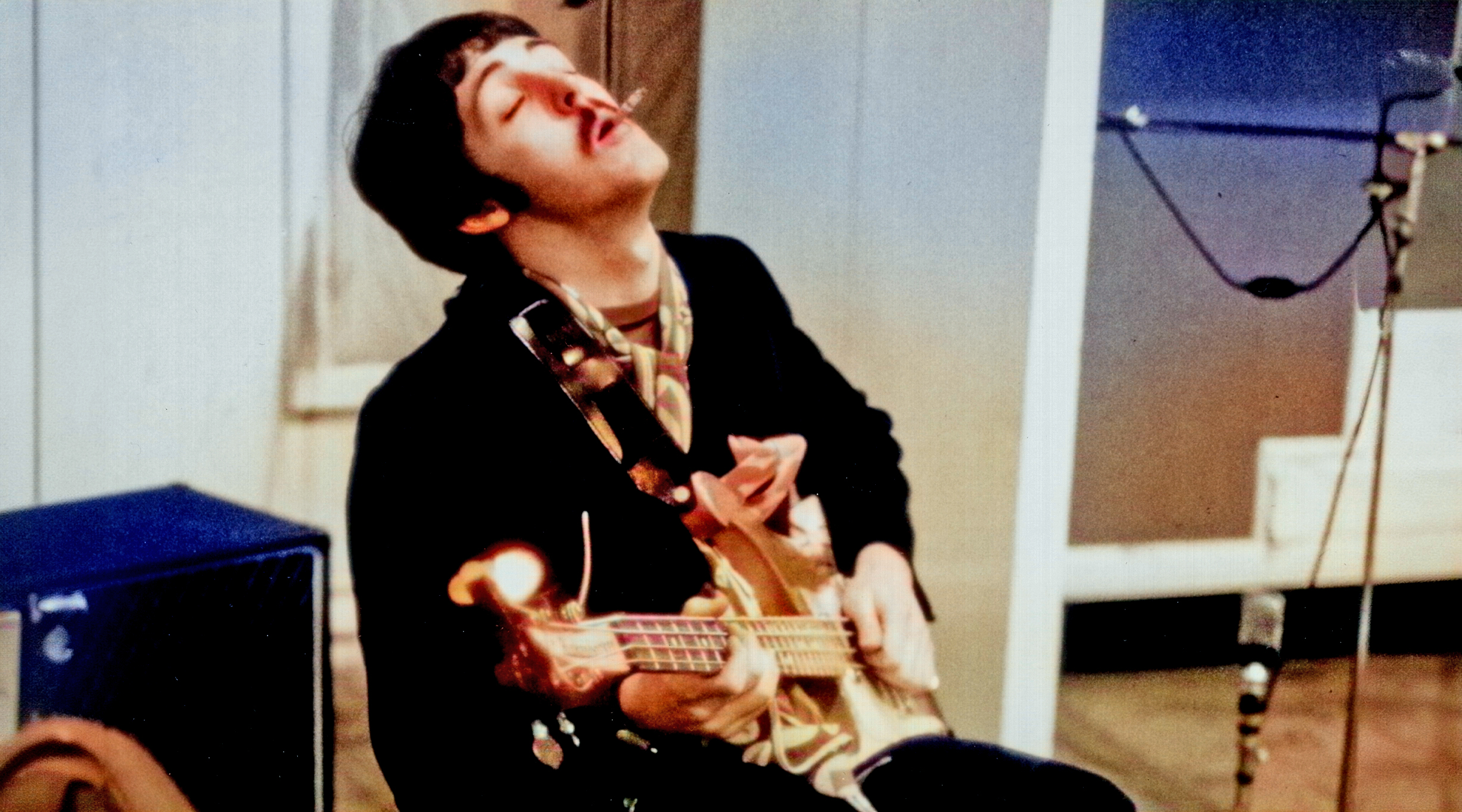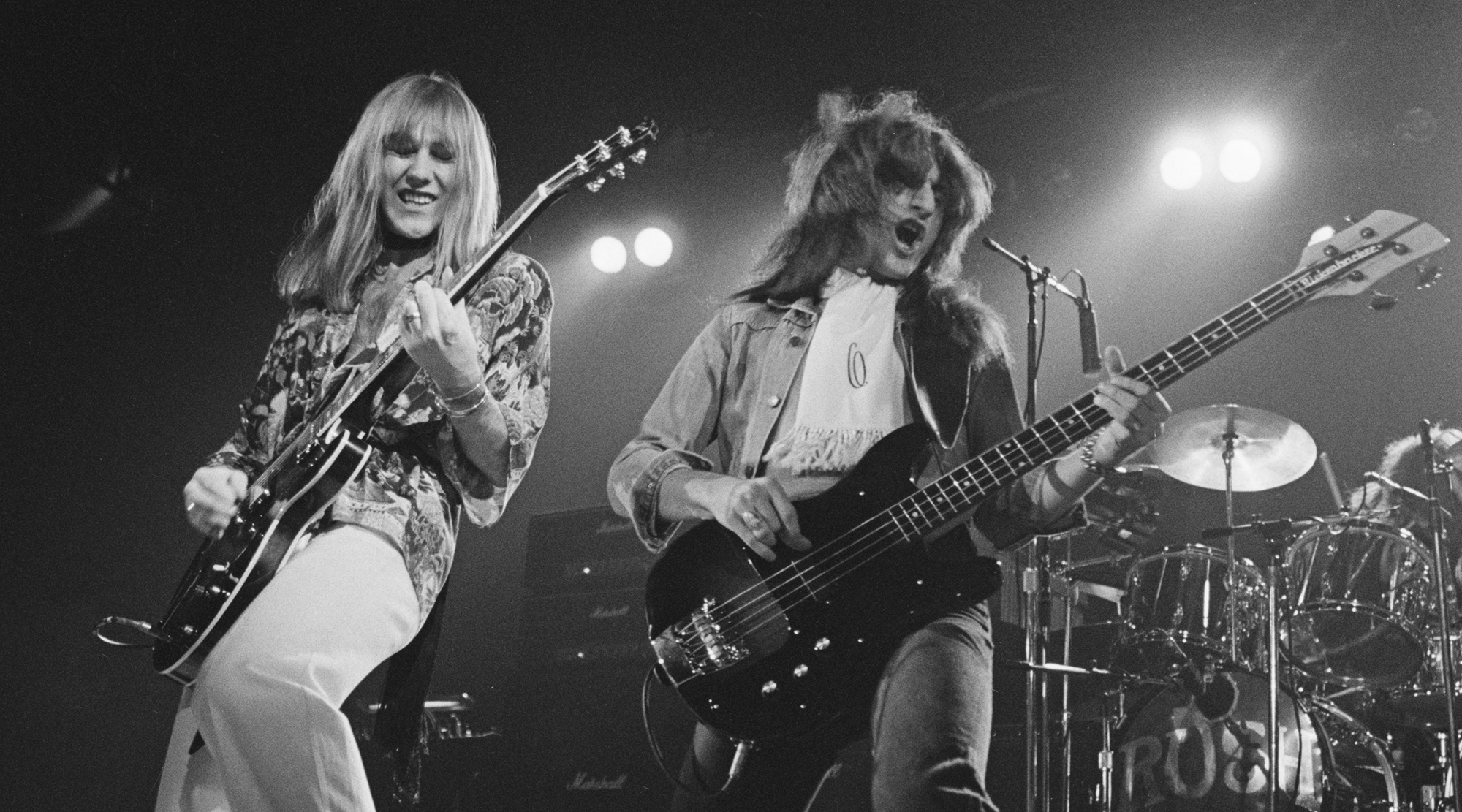“A lot of Who fans would be really pleased.” Pete Townshend ponders using AI to re-create his ‘70s heyday for fans who prefer the Who's classic songs
The guitarist says he's growing increasingly frustrated by fans clamoring for him to play his old hits at solo shows
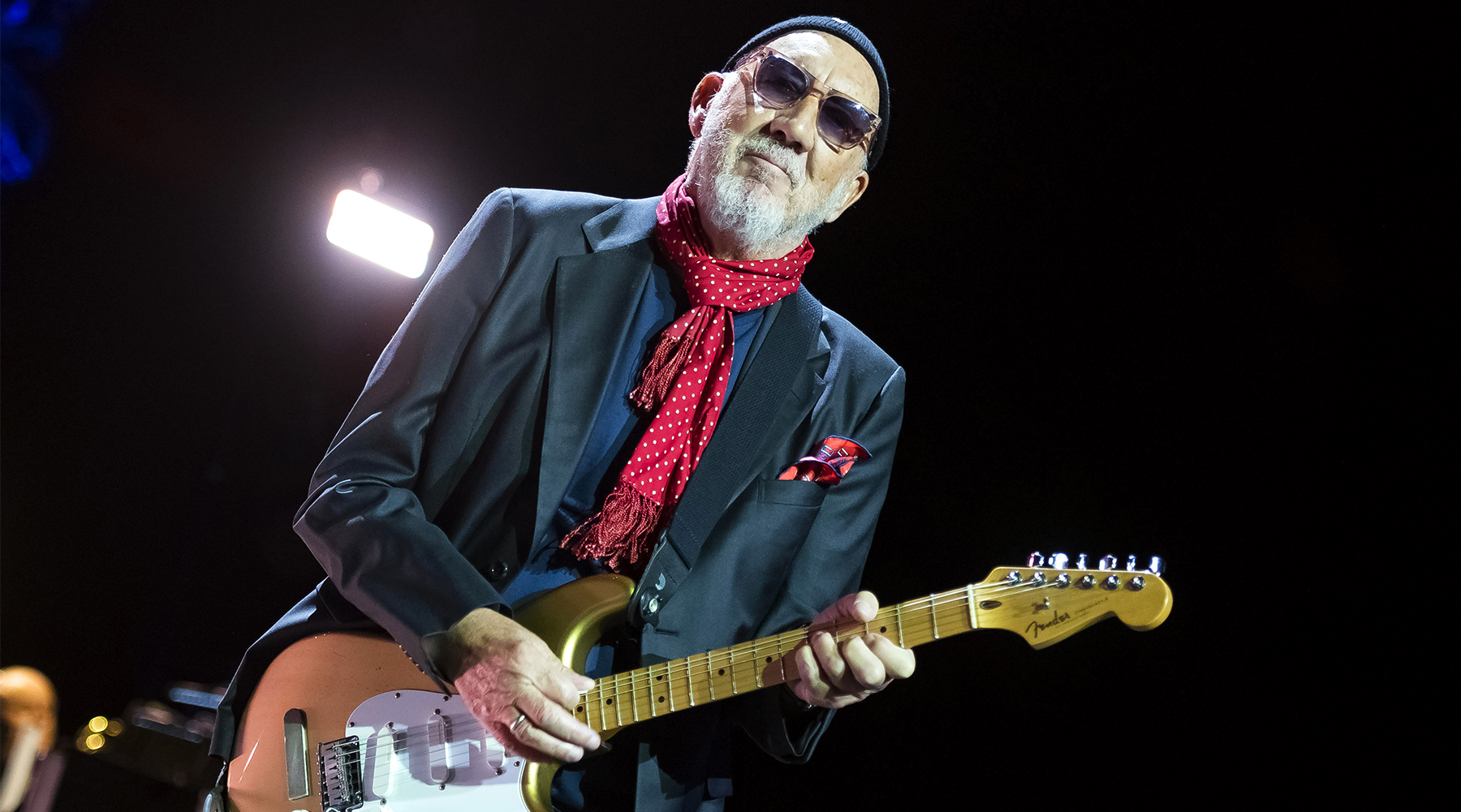
Pete Townshend says he's fed up with fans who continue to request Who songs at his solo shows and suggests AI may provide a solution.
Speaking to The Times, Townshend suggested he could turn to AI to create faux Who songs. The guitarist, whose music often draws inspiration from his background in art school, says doing so would allow him to focus on his myriad current projects while satisfying fans who desire his earlier musical styles
“I have a solo career,” he stresses. “I have all this art school stuff going on. It is a tremendous irritation to Who fans that I don’t just stick to the old catalog and do it until I die.
“If I told AI, ‘Write a load of Pete Townshend songs like he used to in 1973,’ a lot of Who fans would be really pleased.”
As evidence, he points to the Beatles' success using AI to turn an old John Lennon demo it “Now and Then,” which claimed Best Rock Performance at this year’s Grammys. It should be noted, however, that former Beatle Paul McCartney said AI was used simply to extract Lennon's voice from his demo for the song, which remained unfinished at his death.
Of course, AI has been used to create original recordings in the styles of various artists and genres. Alex Van Halen has expressed an interest in using the technology to create songs from demos and audio clips Eddie Van Halen left unfinished.
Townshend recently saw his Quadrophenia opus made over as Quadrophenia, a Mod Ballet, with orchestrations by his wife, Rachel Fuller He told The Times the new ballet gets closer to expressing the message of his 1973 creation with the Who, which is, he says, "about spiritual resolve, about tryinh to get back to being a young person."
Get The Pick Newsletter
All the latest guitar news, interviews, lessons, reviews, deals and more, direct to your inbox!
"What nobody noticed was the spiritual message of Quadrophenia," he says. "So I’ll be honest and say that when it came to the first workshop of the ballet, I wasn’t expecting much.
"Then I saw it: no rock and roll bullshit, no drummer whiting out halfway through the show, the original message of the piece embodied by the movement of these young dancers. It meant Quadrophenia had another life.”
However, he was adamant that the story's ending and the fate of its hero, Jimmy, should remain ambiguous.
“I’ve been accused of having a dramaturgical failing by not ending my stories,” he says. “I’ve always thought, That’s not my job. That’s your job. You end the story.”
Of course Townshend is no stranger to merging rock and roll with the classical arts. His 1969 creation Tommy was a rock opera that he was inspired to make after realizing he could never compete as a guitarist at the level of his late-1960s contemporaries Jimi Hendrix and Eric Clapton.
“I suppose I went away and got very confused for a bit," he said of that era. "I asked my wife to marry me before it was too late [laughs], and started work on Tommy a bit later. I did actually feel stripped, to some extent, and I took refuge in my writing.”
The Who have just wrapped up two more shows at their annual charity bash for the Teenage Cancer Trust at London’s Royal Albert Hall – their first live appearances since last year’s frivolities. But the band are by no means a done deal – even if he admits his devotion to the Who isn't as “absolute” as vocalist Roger Daltrey's.
Rather, he’s got plenty to keep him occupied. He’s just turned the band’s landmark rock opera “Quadrophenia” into a ballet, having opened the Townshend Studio, a new teaching and creative center at the University of West London in Ealing last autumn. His solo career still has life in it too. As such, he’s growing tired of fans focusing solely on the former glories of his parent band.
A freelance writer with a penchant for music that gets weird, Phil is a regular contributor to Prog, Guitar World, and Total Guitar magazines and is especially keen on shining a light on unknown artists. Outside of the journalism realm, you can find him writing angular riffs in progressive metal band, Prognosis, in which he slings an 8-string Strandberg Boden Original, churning that low string through a variety of tunings. He's also a published author and is currently penning his debut novel which chucks fantasy, mythology and humanity into a great big melting pot.



